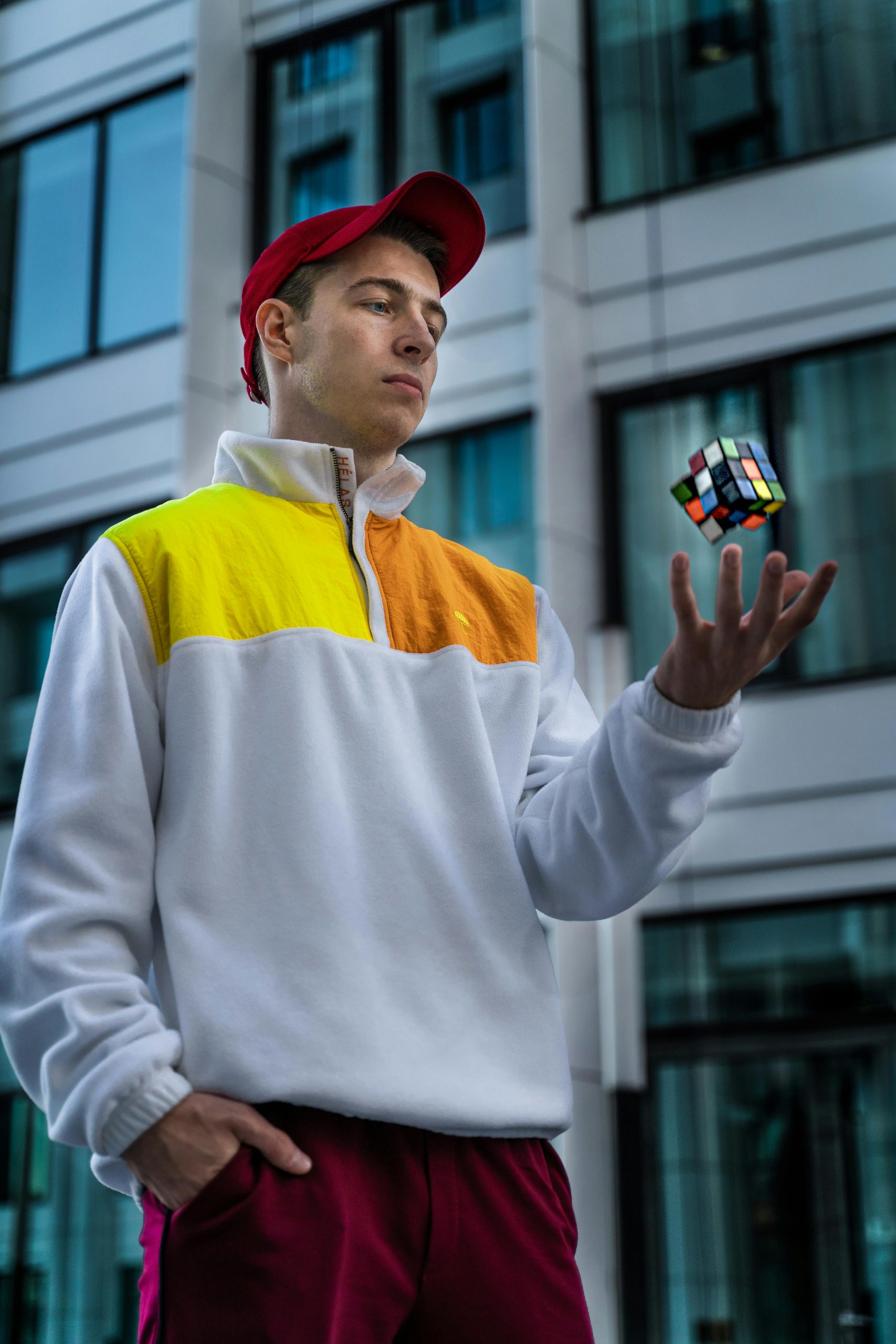Concerned about my girlfriend relying on ChatGPT for everything—has she lost her own voice?
Navigating the Risks of AI Dependency: A Cautionary Tale
In today’s fast-paced digital world, artificial intelligence tools like ChatGPT have become ubiquitous, serving as our go-to resources for quick information, creative ideas, and decision-making assistance. While these technologies offer undeniable advantages, they can also raise concerns, particularly when it comes to their potential impact on our cognitive processes.
Recently, I noticed that my girlfriend frequently turns to ChatGPT for a variety of tasks—whether she’s seeking recommendations, brainstorming ideas, or gathering opinions. While leveraging AI for assistance can be beneficial, I’m beginning to feel uneasy about her growing reliance on it. The more she consults these tools, the less she appears to engage in critical thinking or creative problem-solving on her own.
My apprehensions stem from the belief that constant dependence on AI may lead to a decline in her ability to think independently. I worry that she might stop generating original thoughts and will lean on technology for nearly every aspect of her decision-making. This dependency could stifle her creativity and diminish her ability to engage with the world around her in a meaningful way.
Is it possible that this reliance on AI could become addictive? Have others experienced similar concerns? I am left pondering the long-term effects that such a habit could impose. Insights from others who have navigated this landscape would be greatly appreciated.
As we immerse ourselves deeper into this digital age, it’s crucial to find a balance between harnessing the capabilities of advanced technologies and maintaining our unique human faculties. After all, critical thinking and creativity are essential components of our individuality and overall well-being. How do we ensure we don’t lose these attributes as we embrace the future?














Post Comment